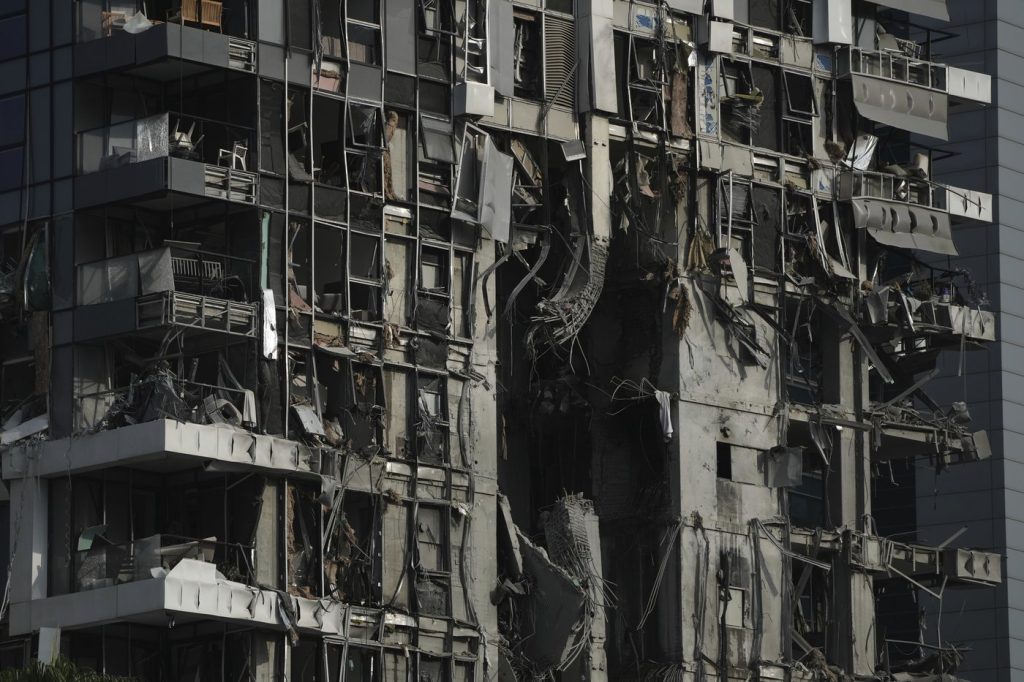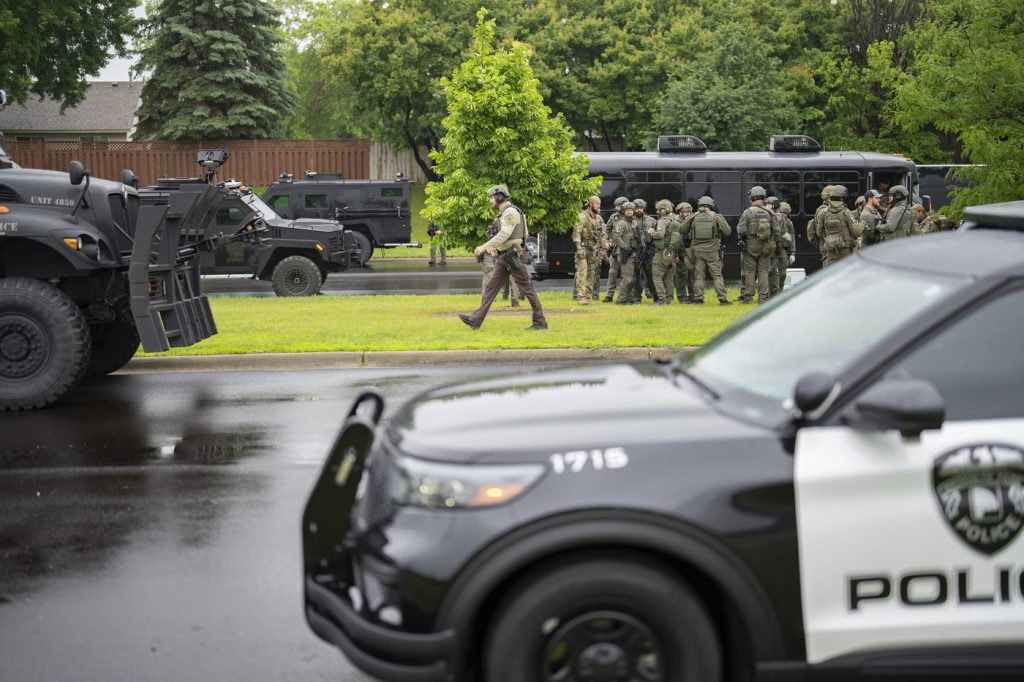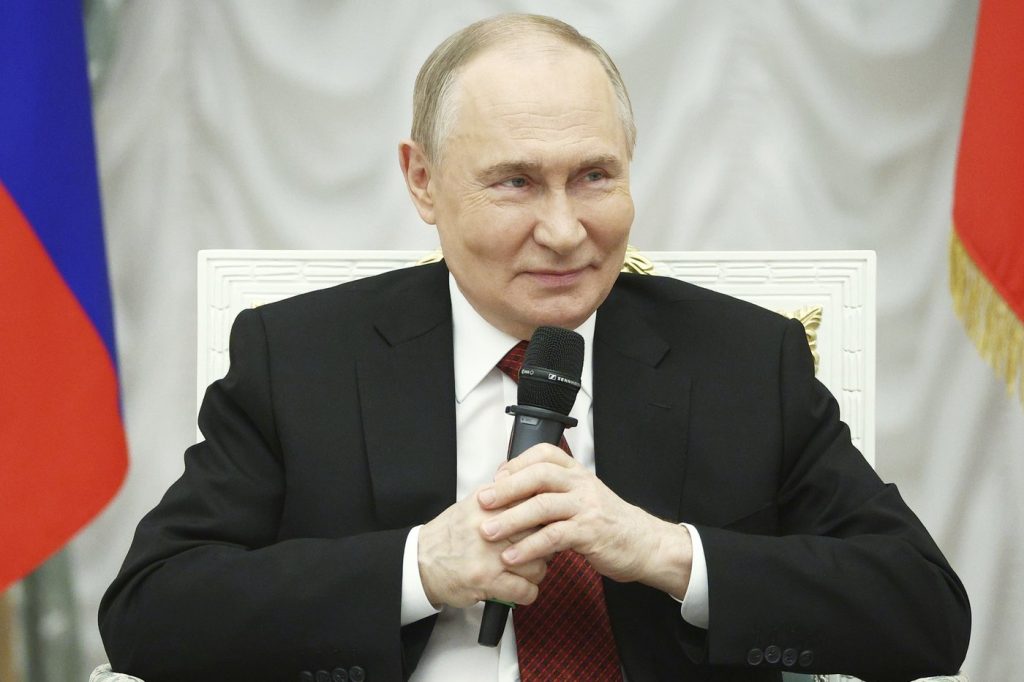On Saturday, Iran launched a second wave of missiles targeting Israel, escalating the ongoing conflict that began with Israeli airstrikes against Iranian nuclear and military sites. The Israeli military reported that hundreds of airstrikes over the past two days resulted in the deaths of nine senior scientists and experts involved in Iran's nuclear program, alongside several top military leaders. Iranian officials claimed that the attacks have left 78 people dead and over 320 wounded.
The United States and Iran had planned to hold their sixth round of indirect talks regarding Tehran's nuclear program in Oman. However, following Israel's aggressive military actions, the Omani foreign minister announced the cancellation of the meeting.
Targets Hit by Israeli Military
The Israeli military confirmed that early Sunday strikes included targeting the headquarters of Iran’s Defense Ministry in Tehran, as well as other sites linked to Iran’s alleged nuclear weapons project. However, U.S. intelligence agencies as well as the International Atomic Energy Agency (IAEA) have asserted that Iran was not seeking a nuclear weapon prior to the commencement of Israel's airstrike campaign.
Incoming Missiles Reported by Israel
As tensions continued, the Israeli military reported incoming missiles from Iran, with explosions reported in various parts of Israel, notably Tel Aviv. Iranian state television confirmed that a new missile barrage was underway, following the intense back-and-forth attacks between the nations.
Drones Targeting U.S. Forces in Iraq
Meanwhile, three drones targeting a base housing U.S. forces in Iraq were intercepted and shot down following the Israeli strikes on Iran. The identities of the groups behind the drone attacks remain unknown, though Iran-backed militias in Iraq have remained quieter than usual during this recent escalation.
International Reactions and Calls for Restraint
In response to the escalating situation, French President Emmanuel Macron spoke with Iranian President Masoud Pezeshkian, urging for restraint and a quick return to negotiations. Following these discussions, Britain announced that it would be deploying Royal Air Force jets and other military assets to the Middle East to support potential contingencies.
Moreover, Iranian officials reported that over 30 troops and a rescuer were killed in the strikes, while the Iranian provincial governor of Eastern Azerbaijan stated casualties were predominantly in Tabriz.
Condemnation of Israeli Strikes
China and Turkey voiced strong opposition to Israel's military actions, with Chinese Foreign Minister Wang Yi warning that Israel's assault on Iranian nuclear sites set a dangerous precedent. Turkish President Recep Tayyip Erdogan condemned the Israeli attacks as a violation of international law.
Military Escalation and Strike Reports
The Israeli military indicated that its strikes on Iranian targets were unprecedented, claiming to have hit over 400 sites across Iran within a 24-hour period, inclusive of missile sites and air defense systems in the capital. Additionally, satellite images released showed extensive damage at pivotal Iranian missile bases, indicating substantial impact from recent Israeli bombardments.
Impact on Civilian Life and Diplomatic Efforts
As the situation intensified, the U.N. Secretary-General António Guterres called for an end to hostilities, emphasizing the urgent need for diplomacy. Civilian casualties have also begun to rise, with reported deaths from missile strikes in Israel, leading to heightened fears among the population.
In summary, the conflict between Israel and Iran continues to escalate dramatically, with both sides sustaining significant military and civilian casualties. International leaders are watching closely, urging restraint and the immediate resumption of diplomatic negotiations.












